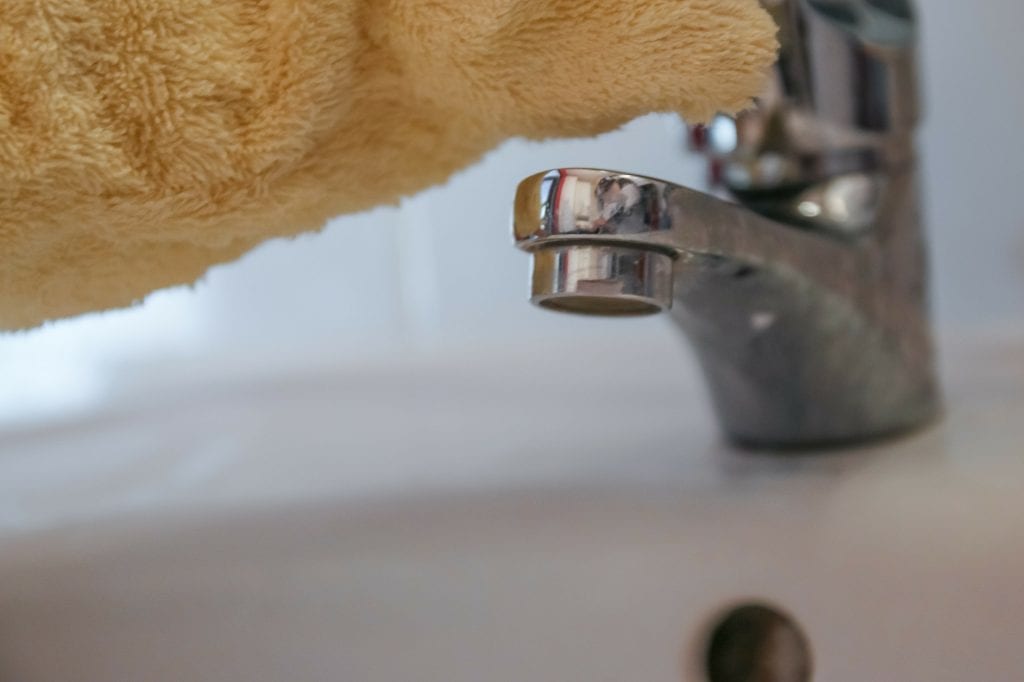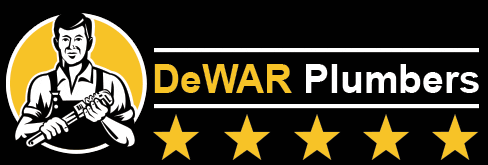Maintenance Tips for Bathrooms
Wednesday, March 5th, 2014
As one of the most important rooms in a house, bathrooms need there fair share of maintenance work carried out as a matter of routine in order for it to run efficiently. Being diligent in your bathrooms maintenance duties can save you a great deal of inconvenience and money in the long term. Adhering to the following advice should allow you to manage your bathroom properly and negate the need for expensive repairs and services further on down the line.

Maintaining Your Toilet
Did you know that the humble toilet uses up more water than any other home appliance? This is why maintaining your toilet is an essential part of your bathroom maintenance routine. But where to begin?
There are situations where you can identify a toilet maintenance issue without needing to see it, let alone get your hands dirty. It is possible to figure out that your toilet has sprung an internal leak simply by listening to it. When a toilet consistently generates sounds of water dripping or running even when it hasn’t been flushed for some time, an internal leak is almost invariably the cause of said sounds. If you are unsure that this is the case, there are other means of checking if your toilet is leaking internally. By simply dropping some food dye into the toilet’s cistern and waiting to see if the dye finds its way into the toilet bowl you have an easy method of checking. If the dye does indeed appear in the toilet bowl (generally within half an hour of the initial drops being put in the cistern) then you have all the evidence you need to confirm that the toilet has indeed sprung an internal leak.
Such a leak wastes both water and money so should be rectified as soon as possible. Consult a professional plumber in order to find out what the best course of action is in order to fix the leak. You wouldn’t settle for your toilet leaking outward, so the same should go for inward.
It should go without saying that your toilet needs to be cleaned on a regular basis for hygiene purposes. It is worth taking the extra time and effort to add a bit of maintenance work to your toilet cleaning duties as it can make life a lot easier for you in the long run.
You should regularly check the section at the bottom of the toilet where the bowl meets the floor. Keep an eye out for any water that may be seeping outward. Even when no water is present you should give the bowl a light (ie: not forceful) shove to make sure that it is sturdy. If under light pressure, the lower part of the toilet moves even slightly then there is a problem, most likely in relation to the seat of the toilet. A professional plumber will be able to tell whether you need to have extra caulking installed or if a new toilet ring needs to be installed.
A toilet that does not flush properly is a sure sign that it has become clogged somehow. Before calling in a professional plumber you can attempt to unblock it yourself by using an unfolded coat hanger or over the counter drain unblocking chemicals (be sure to use these sparingly as overuse can cause erosion in ceramics which is a whole new problem). If neither of these methods manages to produce any positive results then there must be a rather serious blockage. If that turns out to be the case then you should call in a professional plumber for assistance.
Maintaining Your Shower
Of all the household appliances, showers are considered among the most difficult to repair when they break down. In a great many cases, it is quicker, easier and cheaper to buy a new shower unit than it is to go through the trouble of repairing one. To that end, it is of the utmost importance that you keep your shower in full working order for as long as possible in order to avoid the expense of replacement or repairs. One problem which tends to pop up time and time again in relation to showers, especially in hard water areas like Louth and Galway, is that of limescale build up in the shower head. This means less water can exit the shower at any given time and can, in turn, lead to the shower unit breaking down due to the inconsistent water levels found within.
One savvy and easy to do means of limiting the amount of built up limescale found accumulating in a shower head is to completely remove the shower head completely and then submerge it in a shallow dish full of vinegar over the course of a few hours. White vinegar (as opposed to brown or red) is recommended as it is less likely to leave a stain on the shower head.Prolonged exposure to the vinegar will soften up the limescale, meaning that you will then be able to remove it without scrubbing harshly on the shower head which in itself can cause damage. When you have successfully removed the limescale you can then reattach the shower head. Once it is attached securely you should then turn on the shower for a short length of time so that it can wash away the vinegar.
Maintaining Taps
In the vast majority of situations, it is fairly easy to tell when your taps are and are not working correctly as a leaking tap is an easy enough problem to spot. However, not all taps are used often enough to be taken note of. If you do have any taps which are not used often, you should make it your business to check on them regularly as part of your home maintenance routine. In addition to checking to see if your taps are leaking, you should attempt to gauge your home’s water pressure.
The easiest way to figure out the level of water pressure coming through your taps involves leaving them on for a minute or so. Once a sufficient amount of water is coming out of the tap at a consistent rate you can be fairly confident that the tap is running with a satisfactory level of water pressure. On the other hand, if water flow from the tap is inconsistent and prone to trickling out even when you have completely opened it, you can be fairly certain that your tap is not receiving an acceptable level of water pressure. Two commonly cited reasons for taps exhibiting low water pressure are blockages in your pipes and frozen piping.
It is considered best practice to check your taps very regularly, especially in rooms where they are not used very often. When you do encounter leaking taps or taps with low water pressure it is recommended that you contact a professional plumber to take a look and fix the problem.
Maintaining Pipes
As with most plumbing issues, prevention is almost always better than cure in relation to piping. By ensuring that such problems do not arise in the first place, you can save yourself a lot of hassle and money in the long run (ie: not having to spend money on plumbing works). Simply ensuring that all of your taps are used regularly will do most of the work in relation to keeping grime and detritus building up in pipes and creating bothersome blockages. Every tap in your home should get at least a few minutes of use every week to keep its piping from clogging up. Fortunately, most taps in a household will get this much use from day to day usage, in any case, so no specific attention need be directed at them. However, in the case of rarely used taps, they should have an eye kept on them (as mentioned above) in order to ensure that their pipes do not experience clogging issues.
If despite you carrying out routine good maintenance practices in relation to your pipes and taps, you are still experiencing low levels of water pressure, then it is highly likely that more drastic action is required. If this is the case, then you may need to avail of a Power Flush for your heating system from a professional plumber. A Power Flush service involves running a mixture of water and specific chemicals through piping. This will unblock even very severe blockages. Power Flush Services can also be carried out on piping related to your home’s central heating system and radiators in order to improve a home’s energy efficiency rating while saving money on heating bills.
In order to prevent freezing in your home’s piping, you must ensure that any and all pipes which run outside the building or through colder sections of the home (such as basements and garages) are thoroughly insulated. If left without insulation, pipes can become clogged up with ice. This presents a whole host of problems including reduced water pressure, total loss of running water from your taps and, worst of all, burst pipes.
If, despite your best bathroom maintenance efforts, you are still experiencing problems it might be time to admit defeat and call in a professional plumber for assistance.
DeWAR Plumbers can be contacted via email or on our phone number 01 514 3300
Share this post:
on Facebook
Deprecated: File Theme without comments.php is
deprecated since version 3.0.0 with no alternative available. Please include a comments.php template in your theme. in
/var/www/vhosts/dewarplumbers.ie/httpdocs/wp-includes/functions.php on line
6085



